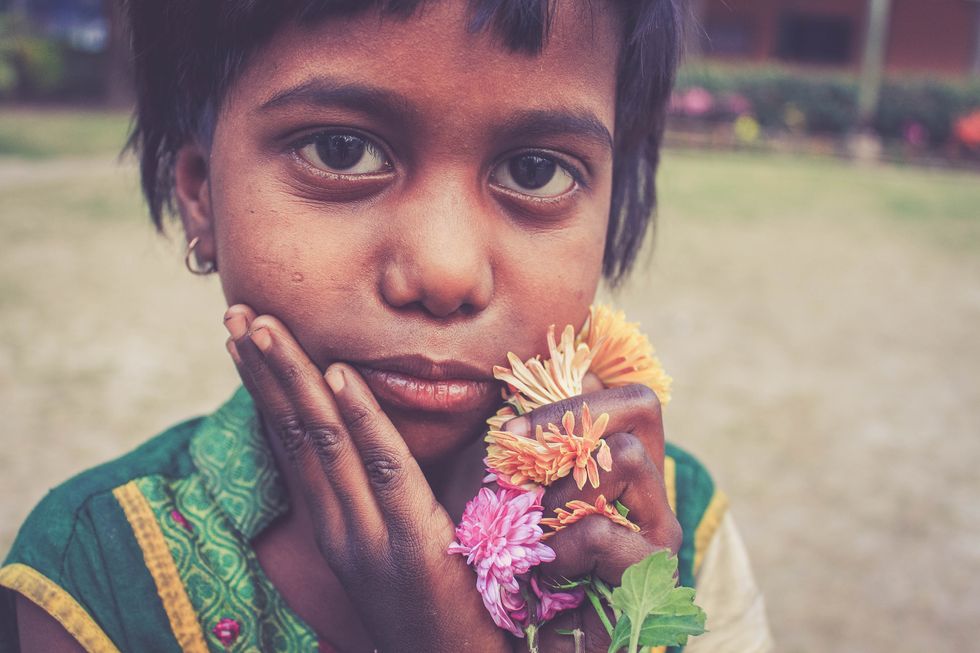A common misconception about Indians is that we're practical people. And as far as I am concerned, that is fairly accurate. We only believe in what we can see and prove. For example, two hydrogen atoms and one oxygen atom make up water; therefore, water is proven to exist. But what scientific process can we use to legitimize a mental health disorder?
As Indians, we see every side to a problem, and we know honestly is a rare quality in today's society. So if a student claims to have depression, our minds wonder why. Is he trying to skip some math test? Is she giving herself an excuse for why her grades are mediocre? It's all lies and exaggeration when it comes to discussing depression.
We pride ourselves for being tough and for persevering when the times get difficult. Succumbing to anxiety or despondency is perceived as weakness. Frankly, it's embarrassing to admit that we are not up to the task, especially when most Indian students are compared to one another and ranked academically. We all want to be number one.
Consequently, discussions about mental health disorders are discouraged. Taking medication for just "being sad" seems silly. Adolescents are lucky if their parents notice their deteriorating mental health at all. Even if they do notice, they tell their kids that "it's just a phase."
SEE ALSO: 8 Things People With Depression Are Tired Of
It's not. It is a serious problem that left unattended could negatively impact a child's life. We Indians are unwise if we think this problem will go away if we give it time. In fact, a major factor that contributes to mental health disorders is a lack of communication between parent and child. Indian parents assume that their children will blindly obey them. What they fail to recognize are independent thoughts and actions that their kids wish to express freely, but fear to do so over opposing social stigma.
In the fight to secure their children's future, they forget to fight for their children's happiness.
I'm not saying we should hate on Indian parents. You'll never find more dedicated, hardworking parents to love you unconditionally. But we must remind them how we really feel, and how we are coping against various stressors in our lives. Only if they understand us on a deep personal level can they truly help us.
Tell them that some problems you cannot solve on your own. Remind them that mental health is as important as physical health; if a broken arm warrants a doctor visit, then severe anxiety and depression should too. Take that extra step to fight for recognition so that troubled Indian children are one step closer to help.































